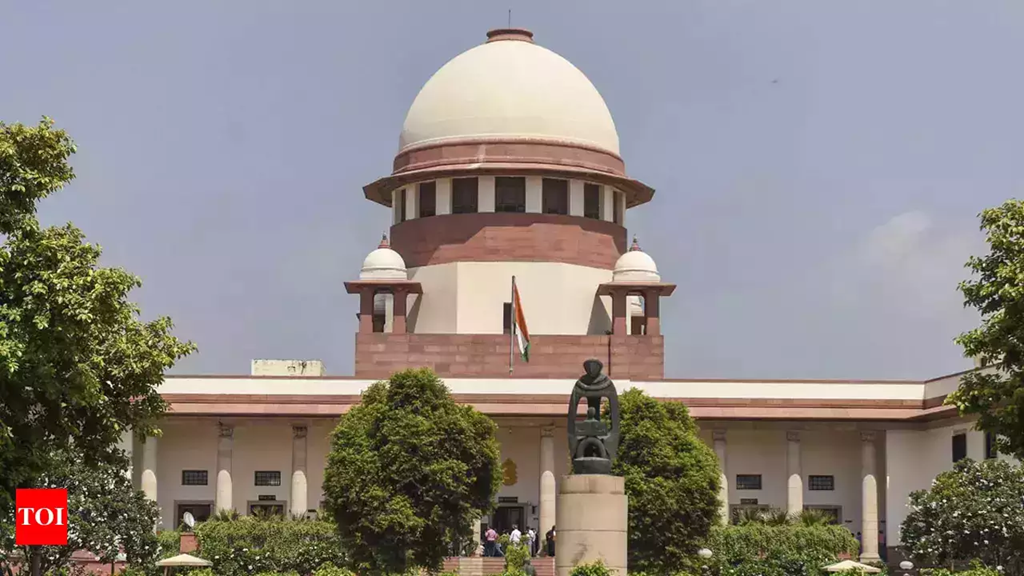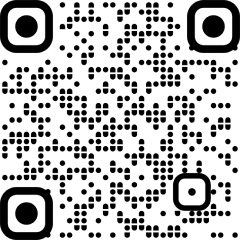[ad_1]

New Delhi: The Supreme Court on Tuesday decided to examine pleas challenging the Rs 50 lakh cap on Centre’s assistance for treating patients suffering from rare diseases like spinal muscular atrophy (SMA). A bench comprising Chief Justice Sanjiv Khanna and Justice Sanjay Kumar said the petitions on the cap of Rs 50 lakh central assistance to treat diseases would be heard by a bench headed by Justice P S Narasimha in the week commencing May 13.
The bench said pharma firm M/s F Hoffmann-La Roche Ltd, which manufactures the SMA drug Risdiplam priced at Rs 6.2 lakh a bottle, had agreed to supply the medicine for free for a year to 24-year-old Seba PA, who hails from Kerala, and suffers from the disorder.
She had previously moved the Kerala High Court, which directed the Centre to provide an additional Rs 18 lakh worth of medicines to Seba beyond its Rs 50 lakh cap.
The top court on February 24 stayed the high court order after taking note of the Centre’s appeal that it couldn’t be compelled to breach the Rs 50 lakh cap and issued notices to the parties.
The apex court then took note of the submissions that the treatment costs for a SMA patient could go up to Rs 26 crore and Risdiplam was being sold at much cheaper rates in Pakistan and China.
It sought the views of the drug manufacturer whether it could reduce the price in India as well.
On Tuesday, the bench perused a sealed envelope of the drug manufacturer on pricing in India and said the price of Risdiplam was negotiated by the National Rare Diseases Committee with the company.
“It stands now that the price in India is substantially lower. We cannot tell the government what to do. It has international repercussions,” the CJI said.
Senior advocate Anand Grover, appearing for Seba, reiterated the price of the medicine was much lower in the neighbouring countries.
“It is 7,200 USD in India and in China it is 545 USD and in Pakistan too it’s low. Why can’t it be brought down to this?” he asked.
The CJI said, “I am not saying that it cannot be done. I am saying there is a counter view point. We have not made our mind clear as of now.”
SMA is a rare genetic disorder characterised by progressive muscle weakness and wasting, affecting the nerve cells responsible for controlling voluntary muscle movement.
Under the policy, Centre can provide Rs 50 lakh for treatment to a needy patient.
The high court on February 6 said Risdiplam should be provided as a one-time measure to ensure continued treatment for 24-year-old Seba till the matter over its high pricing was addressed by a single-judge bench — a process expected to take at least a month.
Seba’s plea before the high court highlighted the exorbitant cost of Risdiplam.
Patients weighing up to 20 kilogram require one bottle a month whereas heavier patients may need up to three bottles, making long-term treatment financially unviable.
The Centre argued while the high court had clarified its ruling was not a binding precedent, granting individual exceptions could set one by default.
“There are more than 3,000 patients across India with varying facts and circumstances and if each case were considered unique, it could create an unsustainable financial burden,” it added.
The Centre’s counsel said the government policy set a firm cap at Rs 50 lakh for all patients, regardless of available resources.
Grover said the government could have taken steps to reduce the cost of SMA treatment by either negotiating with the drug manufacturer or invoking provisions under the Patents Act, 1970.
The senior counsel said countries like China and Pakistan had successfully negotiated with the manufacturer to lower the price of the SMA drug while asking why India did not take similar steps.
The bench, however, suggested that the Indian government might be refraining from such measures due to “international ramifications”.
“Why would the Indian government not be interested? They will be very much interested. It’s easy to be critical of that. They would have tried their level best to get the prices down,” the bench said.
The bench asked the Centre to explore the possibility of approving expenditures beyond Rs 50 lakh on a case-by-case basis.
[ad_2]
Source link



